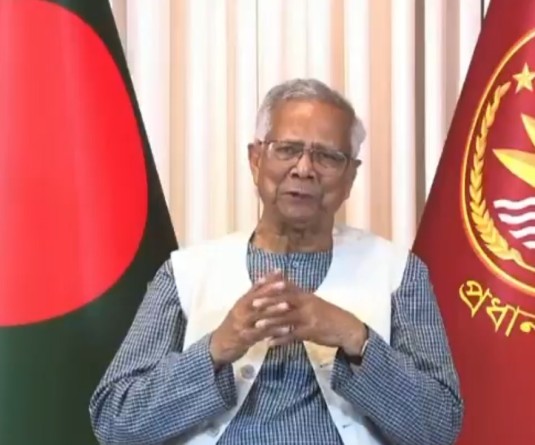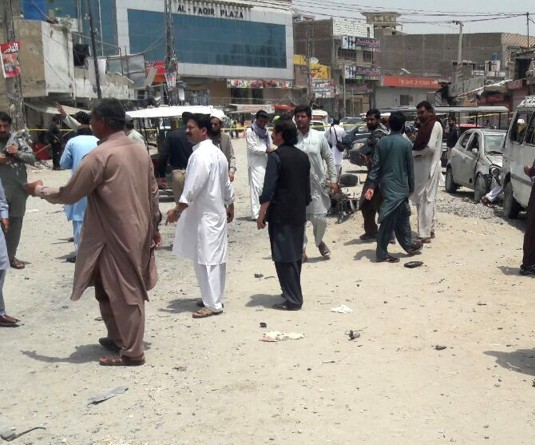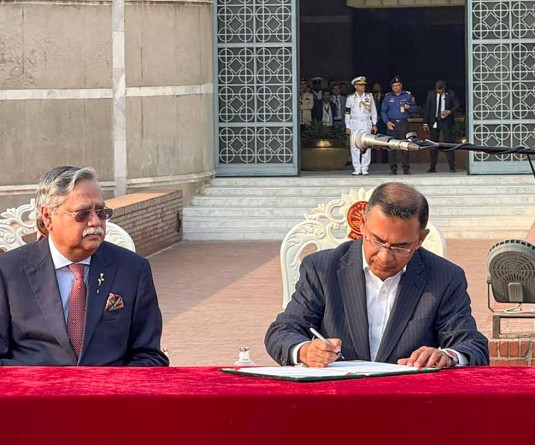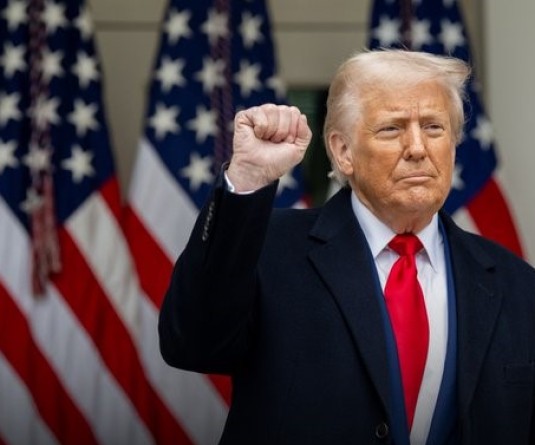K P Sharma Oli. (IANS File Photo)
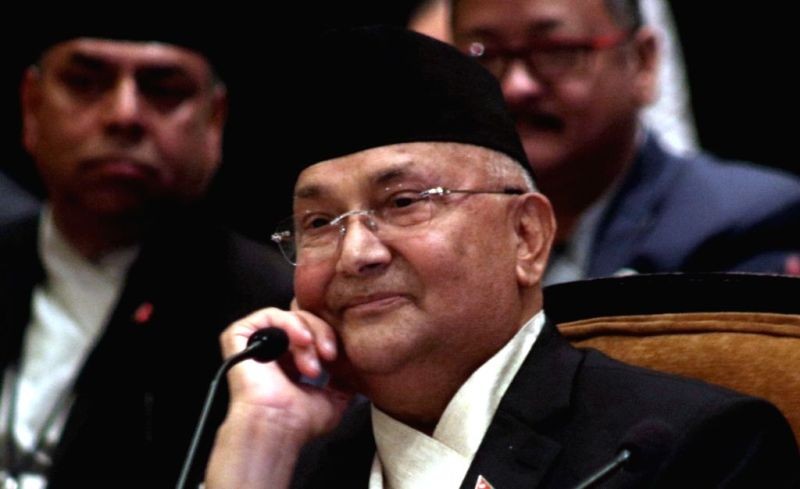
Kathmandu, February 19 (PTI): Members representing the amicus curiae in a case against Nepal Prime Minister K P Sharma Oli's dissolution of the House of Representatives have argued before the Supreme Court that his move was unconstitutional, according to a media report on Friday.
Nepal plunged into a political crisis on December 20 after Oli, in a surprise move, dissolved the House of Representatives, amidst a tussle for power with his rival Pushpa Kamal Dahal 'Prachanda'. His move to dissolve the 275-member House sparked protests from a large section of the NCP led by Prachanda, also a co-chair of the ruling party.
The hearings in the case, which were going on in the Supreme Court since December 23, were scheduled to conclude on Friday after the presentation of the last member of the amicus curiae, the Kathmandu Post reported.
An amicus curiae is someone who is not a party to a case but assists a court by offering information, expertise, or insight that has a bearing on the issues in the case.
Putting his point forward, one of the five members of the amicus curiae, senior advocate Purna Man Shakya said that the Constitution of Nepal deprives the country's executive head of prerogative power to dissolve the House.
This is not a political issue, but a constitutional one. The court should interpret it accordingly, he was quoted as saying in the news report.
He said constitutional articles and provisions should be the sole basis for making any decisions when there is a written Constitution.
The Constituent Assembly, where people had their representatives, provided limited authority to the prime minister, Shakya was quoted as saying in the report.
The authority to dissolve Parliament that was endowed upon prime minister in the 1990 Constitution was taken away while drafting the Constitution of Nepal 2015, he said.
According to the news report, Article 53 (4) of the 1990 Constitution authorised the then king to dissolve the House on the recommendation of the prime minister.
Shakya said that the provision did not get continuity because the country was victimised due to the misuse of the authority given to the prime minister to dissolve the House.
At least four prime ministers had attempted to dissolve Parliament between 1994 and 2002, the report said.
Countering those defending Oli's move citing international practices, Shakya said such examples cannot be cited when the law of the land clearly provides for conditions for the dissolution of the lower house.
The other members of the amicus curiae are Badri Bahadur Karki, Satish Chandra Kharel, Bijaya Kant Mainali and Gita Pathak Sangraula.
Kharel called the dissolution of the House unconstitutional.
Karki said that the dissolution was done with a mala fide intention, adding that there were some ambiguities in the statute that need to be cleared up by the court.
Mainali, however, argued that the prime minister had the prerogative to dissolve the House, the news report said.
In his letter to the Supreme Court last month defending his move to dissolve the House, Oli said that he was forced to take the step after his opponents in the ruling party made it difficult for him to work and accomplish various tasks.
He said that he took the decision as he enjoyed the inherent power as the leader of a majoritarian government.
According to officials at the Supreme Court, the five-member Constitutional Bench led by Cholendra Sumsher Rana, will study the hearing notes from the plaintiffs and defendants and arguments from other lawyers and organisations as well as members of the amicus curiae before making the final decision, it said.
The Prachanda-led faction has been holding anti-government protest rallies and public gatherings in various parts of the country, including Kathmandu.
Both Prachanda and the rival Oli group claim to control the Nepal Communist Party and the issue is being disputed at the Election Commission.
Oli-led CPN-UML and Prachanda-led NCP (Maoist Centre) merged in May 2018 to form a unified Nepal Communist Party following victory of their alliance in the 2017 general elections.
The Prachanda-led faction, which is currently launching agitation to get official recognition from the Election Commission as the legitimate NCP, held a massive rally last week in a bid to show its strength.


